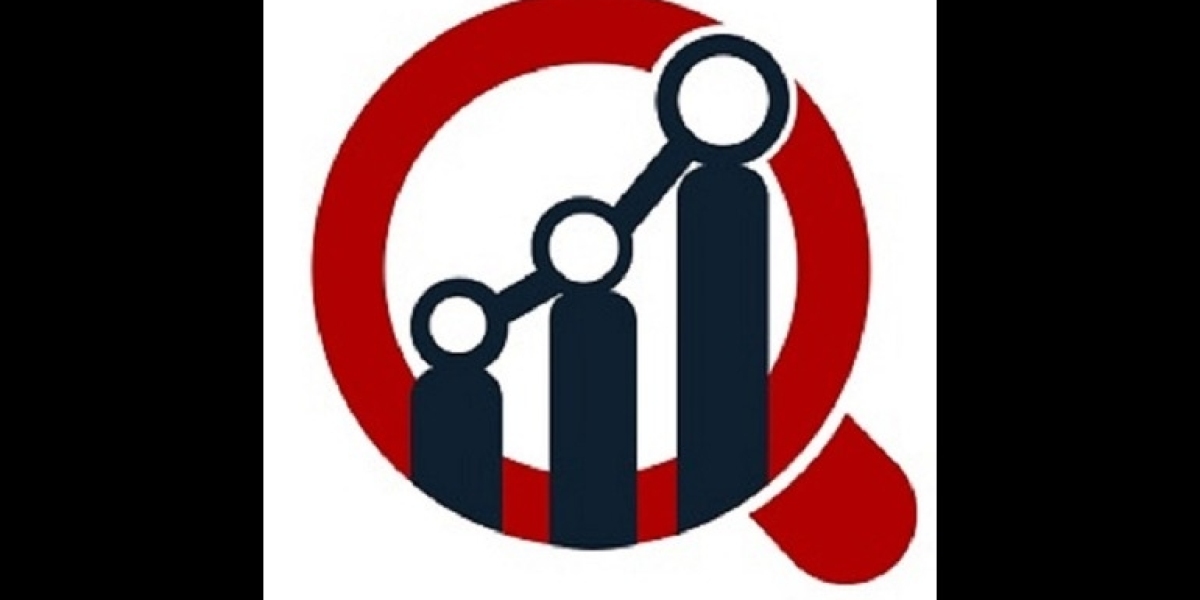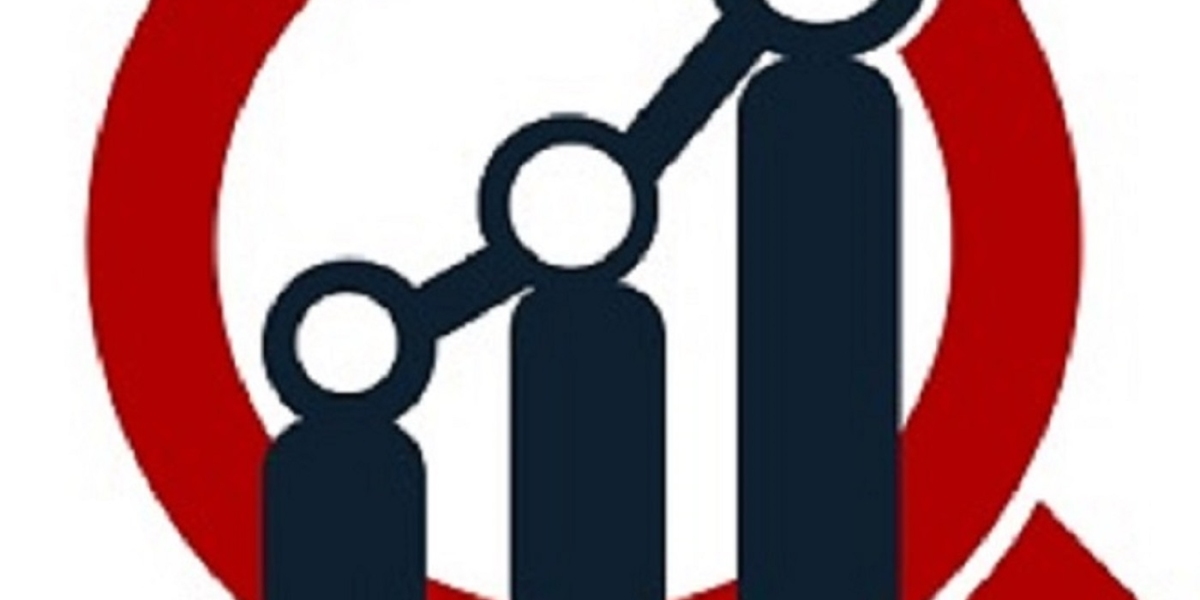Takaful Insurance: A Shariah-Compliant Alternative to Conventional Insurance
Introduction
Takaful insurance is a cooperative, Shariah-compliant system of insurance rooted in Islamic principles. Unlike conventional insurance, which operates on risk transfer and profit-making, Takaful is based on mutual assistance, shared responsibility, and ethical investment. It serves as an alternative for individuals and businesses seeking financial protection that aligns with Islamic values.
What Is Takaful Insurance?
Takaful Insurance Market Size, derived from the Arabic word “Kafalah” (guaranteeing each other), is a system where participants contribute money into a pool to guarantee each other against loss or damage. Each member agrees to support the community in times of need. The pooled contributions are used to pay claims, and any surplus may be distributed among participants or retained for future use.
Key Principles of Takaful
- Mutual Guarantee: Participants collectively share the risk and agree to indemnify each other.
- No Riba (Interest): Investments made by the Takaful fund are free of interest, in line with Islamic finance rules.
- No Gharar (Uncertainty): Takaful contracts are transparent and avoid ambiguity in terms and conditions.
- No Maysir (Gambling): Takaful avoids elements of speculation found in conventional insurance.
- Shariah Compliance: All operations, investments, and transactions are overseen by a Shariah board.
How Takaful Works
- Contribution (Tabarru): Participants donate a portion of their contribution to a risk fund used to pay claims.
- Risk Sharing: Losses are borne collectively, and no one individual profits from the misfortune of another.
- Operator's Role: A Takaful operator manages the fund, either on a Wakalah (agency) or Mudarabah (profit-sharing) basis, and earns a fee or share of investment profit.
- Surplus Distribution: Any surplus after claims and expenses may be redistributed among participants or retained for reserves, depending on the model.
Types of Takaful Products
- General Takaful: Covers property, motor, travel, and liability insurance.
- Family Takaful: Similar to life insurance, it provides long-term savings and protection for families.
- Health Takaful: Offers medical and hospitalization coverage.
- Investment-Linked Takaful: Combines protection with Shariah-compliant investments.
Benefits of Takaful Insurance
- Ethical and transparent operations
- Inclusive risk-sharing model
- Aligns with religious beliefs of Muslim policyholders
- Equitable surplus sharing
- Stable and socially responsible investment strategies
Challenges and Growth Potential
Despite its growing popularity in regions like the Middle East, Southeast Asia, and Africa, Takaful faces challenges such as:
- Limited awareness and understanding
- Regulatory inconsistencies across jurisdictions
- Shortage of skilled professionals
However, with increasing demand for ethical financial products, technological advancement, and supportive regulations, the global Takaful market is expected to witness steady growth.
Conclusion
Takaful insurance offers a compelling alternative to conventional insurance, particularly for those seeking Shariah-compliant financial solutions. By promoting mutual aid, ethical investment, and community welfare, Takaful is more than just an insurance model—it embodies the values of cooperation, compassion, and collective responsibility. As awareness grows and regulatory frameworks evolve, Takaful has the potential to play a significant role in the future of global insurance.
Related Report -






